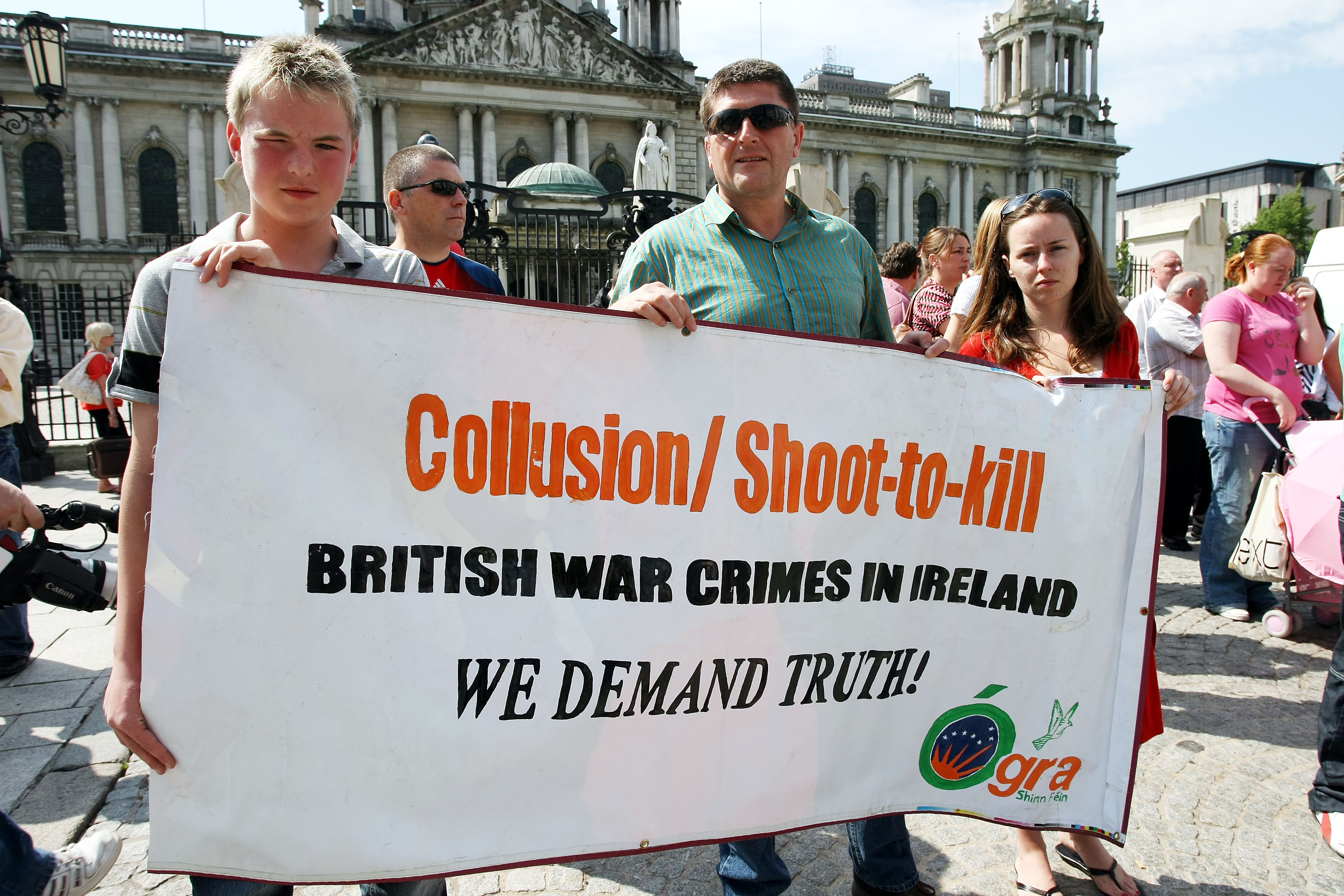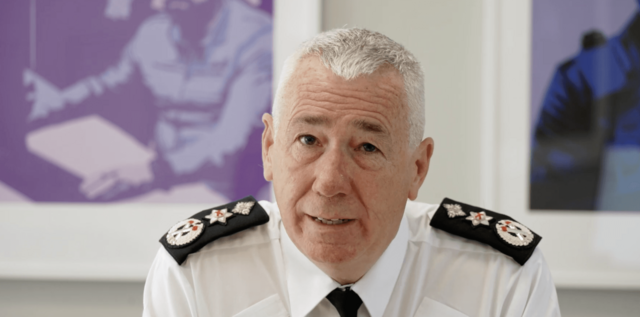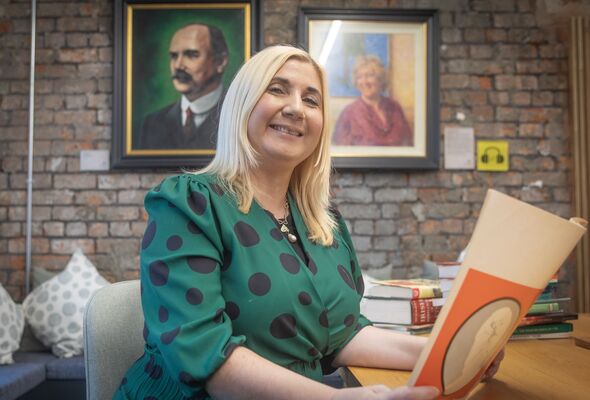HAVE you ever found yourself in the house or in work, knowing you have a project to do, that mountain of washing, the report with a deadline looming and getting closer, and you find yourself doing everything except that one thing?
I heard a rumour that Tensing Norgay was sitting at home with a quarterly report deadline in three weeks, when Edmund Hillary dropped by to suggest heading up Everest, and in an act of avoidance he ran out the door, grabbing a few ropes, saying he had loads of time to get that report done!
Of course, it doesn’t matter that years of experience has taught us that once we actually wrestle said Bogey that it is overcome in no time, the job gets done and we feel a million per cent better, if a little guilty we hadn’t done it sooner. Nope, that memory just fades as the next nemesis come along to wreck our equilibrium.
Breaking these habits of avoidance has to be the hardest of all human endeavours. The self-help group required to address avoidance hasn’t been started yet, because all of us who need it keep saying: “I will do that after I tidy this desk first.”
More seriously, some of us get into habits of avoidance as self-preservation when something terrible has happened. After time, in many people’s lives what was once an effective short-term coping mechanism can become a long-term negative factor. For individuals the news is good, and there are great strategies for coming to terms with awful and life- changing experiences. When avoidance of the negative things that happen in our lives has become destructive and is no longer working there is meaningful support out there. Coming to terms with traumatic events safely, and at your own pace, is possible.
But what of our post-conflict society? Our peace agreement was a miracle, but was in many ways an exercise in avoidance. Once called constructive ambiguity, it also provided avenues for progressive change without saying why it was needed. Human rights law frames all of the change and the protective measures. Why? Because human rights were violated wholesale. Policing was “reformed”. Why? Because since partition policing was discriminatory and paramilitary. Minority rights were enshrined. Why? Because all of the minorities in this jurisdiction have been censored, marginalised and abused.
But we avoided saying any of that. Which worked for a while. But now those rights are under attack, and we have not had a valid or secure process to underpin the necessity of the changes. Our collective exercise in avoidance has destructive implications.
Failing to deal with the past in a collective, constructive fashion as part of the peace process has served to undermine the process itself. Legacy is not only about the victims of violations – although they are at the heart of the moral imperative to do better – it is about all of us.
We need to face all of the violations of the past in a safe process so we can secure the future and secure our collective health and wellbeing. It may be uncomfortable but, just like our individual journeys, it is necessary. Truthfully, if we cannot do this societally, how can we encourage the most harmed and most vulnerable to take the necessary but incredibly courageous steps in their lives to make the change?








